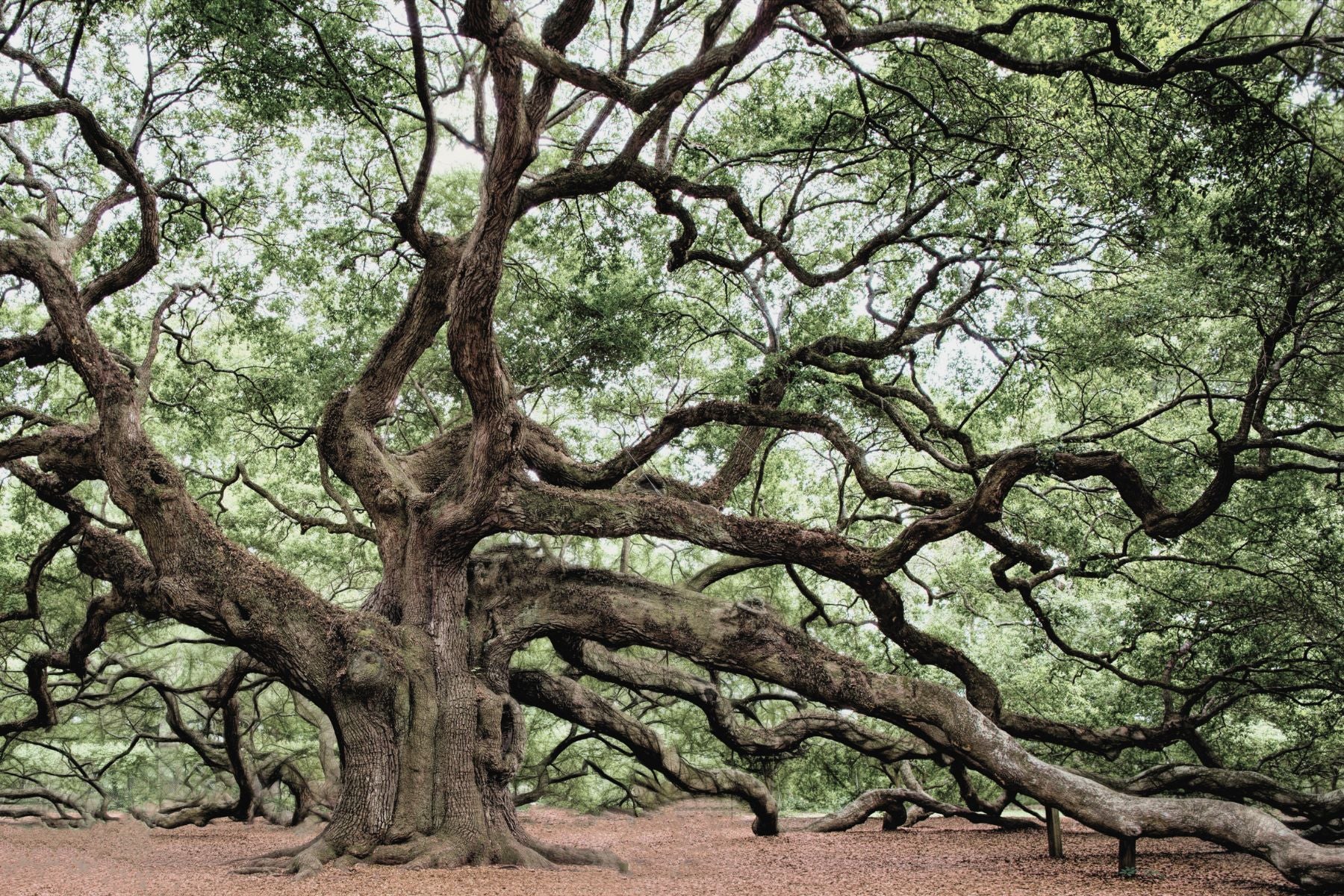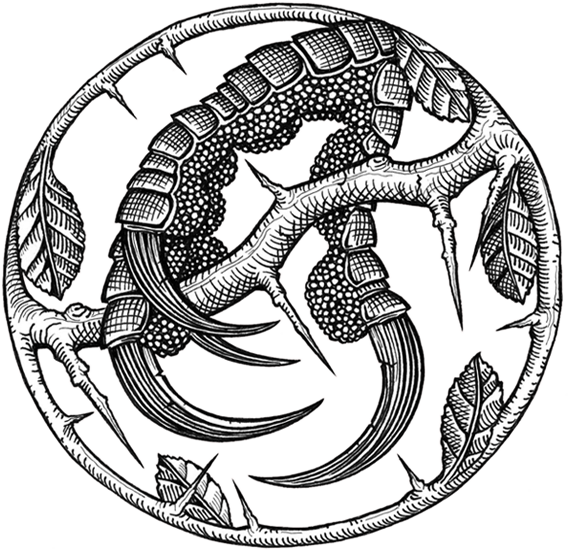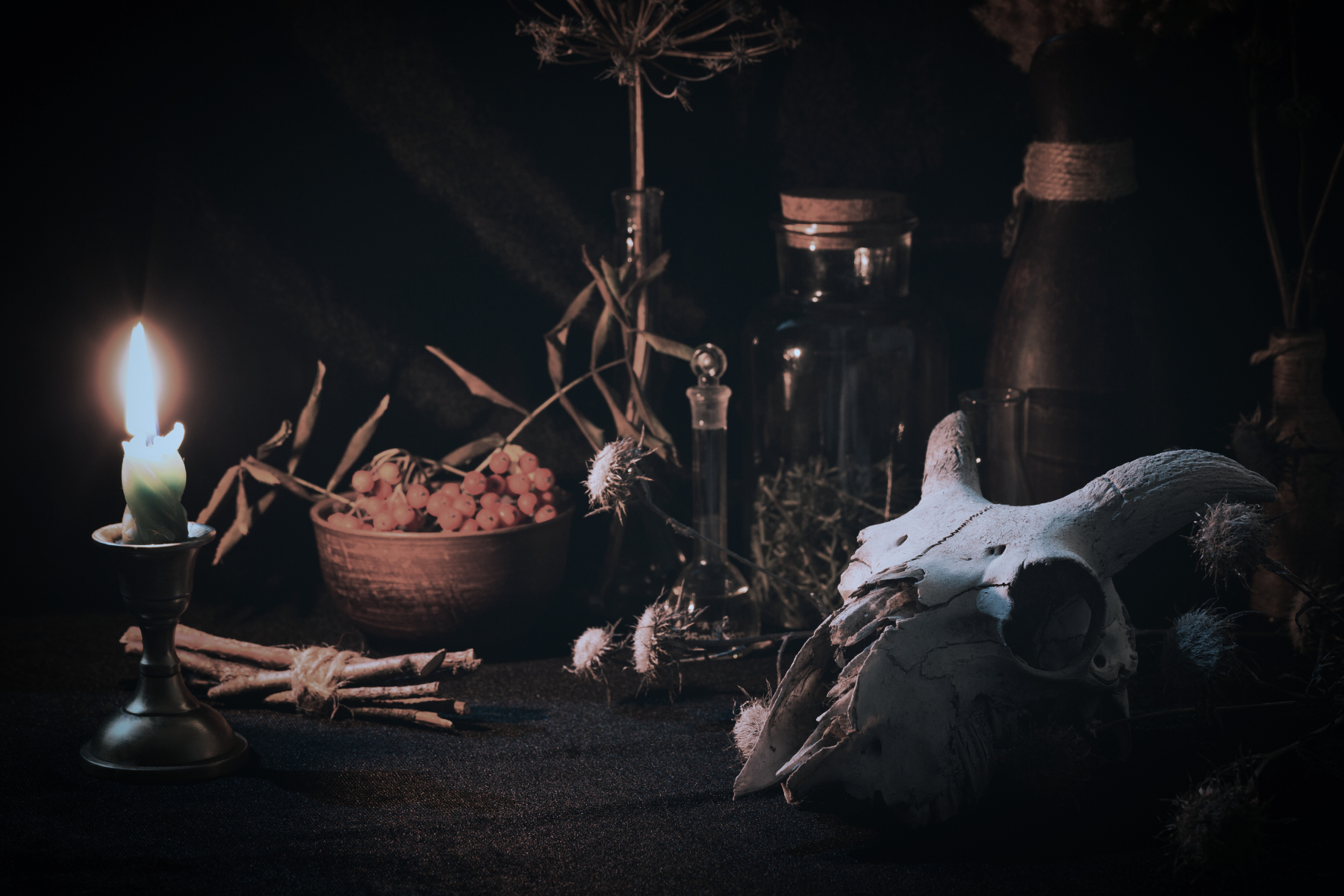
Oak Symbolism and Meaning
Oak trees represent a deep and powerful symbolism that has been revered by cultures and civilisations for centuries. The oak tree, with its sturdy trunk and sprawling branches, represents strength, longevity, and endurance. The acorn, the fruit of the oak tree, symbolises potential, growth, and prosperity. Together, they embody the cycle of life, death, and rebirth.
What do oak trees symbolise?
Oak symbolises strength, endurance, power and ancient wisdom. The oak tree's strong roots penetrate deeply into the earth, anchoring it firmly in place. Like the backbone of the earth, its trunk rises tall and proud, branching out into a canopy of leaves that provide shelter and protection to all those beneath it. In many cultures, the oak tree is seen as a symbol of power and authority and is associated with gods and goddesses of thunder, lightning, and fertility.

What do acorns symbolise?
Acorns symbolise fertility, growth, fresh starts and potential. The acorn is a small and unassuming seed that holds within it the potential for great growth and prosperity. From the tiny acorn, a mighty oak tree can grow, reaching up towards the sky and spreading its branches far and wide. In this way, the acorn symbolises new beginnings, growth, and the promise of a bright future.
What does the oak represent?
Together, the oak tree and acorn represent the cyclical nature of life. The oak tree, with its roots firmly planted in the earth, represents the past and the present, while the acorn symbolizes the future and the potential for growth and change. Just as the oak tree sheds its leaves in the fall, only to sprout new growth in the spring, so too do we experience cycles of growth, change, and renewal throughout our lives.
What does the acorn represent?
The oak tree and acorn have also been associated with wisdom and knowledge. The ancient Celts believed that the oak tree was a portal to other worlds and that its branches reached up to the heavens, where the gods and goddesses resided. They believed that the acorn held within it the knowledge of the universe and that by eating it, they could gain access to this wisdom. In this way, the oak tree and acorn represent the pursuit of knowledge and the desire to understand the mysteries of the universe.
What is the meaning of oak as a spiritual guide?
Oak trees and acorns are significant in Norse and Celtic mythology, representing strength, endurance, and fertility. The mighty oak trees have always been regarded as the king of the forest, towering above all other trees and providing shelter to countless animals. The acorn, on the other hand, is the embodiment of life and rebirth, representing the cycle of nature and the renewal of the earth. Together, these symbols create a powerful image of the natural world and its enduring power.
Wearing oak jewellery or acorn jewellery as a talisman
DRAOIDH - SMALL ACORN NECKLACE IN SOLID STERLING SILVER
 DUIR - LARGE ACORN NECKLACE IN SOLID STERLING SILVER
DUIR - LARGE ACORN NECKLACE IN SOLID STERLING SILVER
Oak tree mythology and folklore
In Norse mythology, the oak tree is revered as the sacred tree of Thor, the god of thunder and war. The tree is believed to be the dwelling place of spirits and the source of wisdom and strength. The oak tree also holds a special place in the Viking culture, symbolising the warrior's strength, steadfastness, and courage. The Vikings used oak wood to build their most powerful ships and houses, which further emphasised the tree's significance in their culture.
Acorn mythology and folklore
The acorn, meanwhile, symbolises fertility and rebirth in Celtic mythology. The Celts believed that the acorn was a powerful talisman that could bring good luck, prosperity, and fertility. The acorn also represented the promise of new beginnings and the potential for growth and transformation. The Celts believed that the acorn was a symbol of the sun, and as the sun set in the winter, the acorn promised the return of the sun and the renewal of life in the spring.
Oak symbolism in Druidry
Furthermore, the oak tree was a sacred symbol in Celtic culture, representing strength, longevity, and wisdom. The Druids, the Celtic priestly class, believed that the oak tree was a gateway between the physical world and the spiritual world. They considered the oak tree as the embodiment of the Celtic god, Dagda, who was associated with wisdom, healing, and fertility.
Oak in Norse mythology and Celtic mythology
In both Norse and Celtic mythology, the oak tree and acorn symbolise the interconnectedness of all life and the cycles of nature. The oak tree represents strength, stability, and endurance, while the acorn represents fertility, renewal, and the promise of new beginnings. Together, they form a powerful symbol of the natural world and its enduring power.
Both the oak tree and acorn hold a significant place in Norse and Celtic mythology, representing strength, endurance, and fertility. These symbols have been an integral part of these cultures for centuries, and their enduring power continues to inspire and evoke a sense of wonder and awe. The oak tree and acorn remind us of our connection to the natural world and the cycles of life, death, and rebirth. They serve as a testament to the enduring power of nature and its ability to sustain life and inspire growth within us all.




